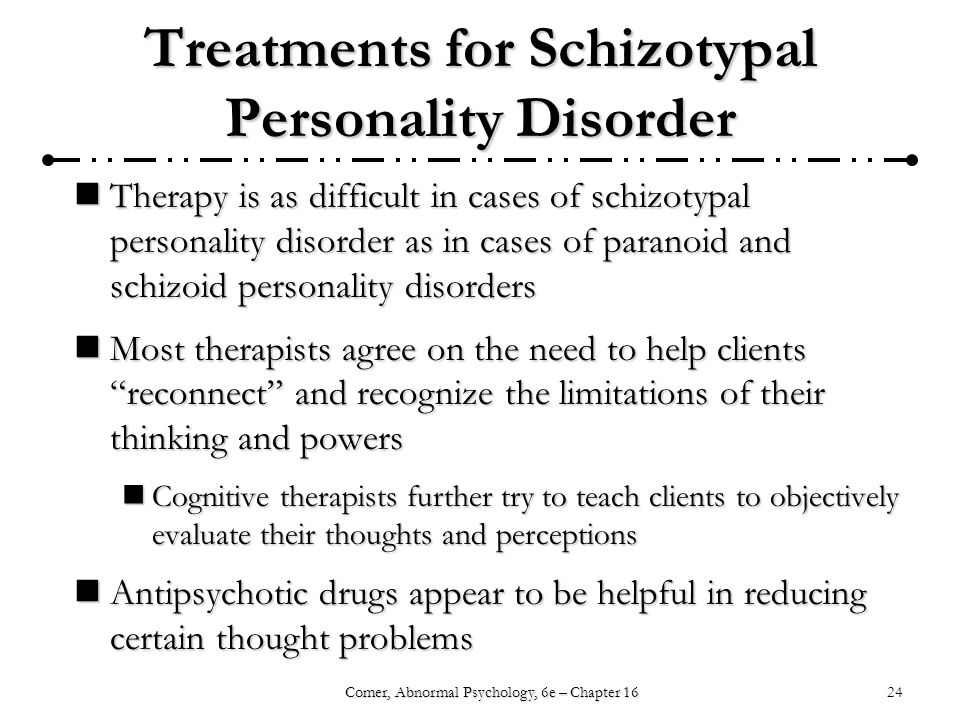How to handle controlling husband
How to Deal With a Controlling Husband
Living with a controlling husband can make your life a living hell. You want your marriage to work and would do everything in your power to keep the peace. But at what cost? You live with a permeating feeling of guilt and powerlessness all the time.
What is a controlling husband anyway? How do you know if he is just looking out for you or trying to micromanage your life in the name of love? A controlling husband tends to take charge of every aspect of your life and relationship, leaving you to feel totally out of control.
If that sounds like your husband, you must be asking yourself, ‘How can you live with a controlling husband?’ ‘ Can a controlling husband change?’
Well, first things first, let’s look at the signs of a controlling husband first, and then we will take you through the ways to deal with him effectively.
15 Signs Of A Controlling Husband
You may be wondering if your partner is actually that controlling or you’re reading too much into things. Well, pay attention to the following signs of a controlling husband.
Here are 15 telltale signs that your husband is controlling:
- He is a nitpicker and finds problems in everything you do.
- He manipulates you to do whatever he wants.
- He criticizes your every move and wants you to change how you eat, dress, and act.
- He makes you feel guilty for not indulging his every whim.
- He gaslights you and makes you dissect your every thought and action.
- He makes you feel bad about having a life outside of your marriage.
- He tries to isolate you from your friends and family.
- He wants you all to himself and gets jealous whenever someone else gets your attention.
- He seems to care a little too much about your finances, and your financial independence has jumped out the window.
- He emotionally blackmails you by making demands and threats to have everything his own way.

- He doesn’t respect your opinion, and you don’t have a say over any major decisions in your marriage.
- Even though he vowed to love you unconditionally, such a husband only offers love with ‘strings attached.’ He only loves you when you do whatever he says.
- He refuses to listen to you and dismisses your point of view without giving it a thought.
- He slowly destroys your self-esteem and makes you believe that he is the only person you can and should depend on.
- He doesn’t take you at your word and spies on you.
If your husband shows most of these behaviors, it isn’t all in your head when you keep thinking, ‘my husband tries to control me all the time.’
10 Ways to Deal With A Controlling Husband
Being married to an over-controlling husband can be very trying. The constant criticisms, the spying, and gaslighting take a toll on your mental health. So, if you’re wondering how to handle a controlling husband, keep reading.
So, if you’re wondering how to handle a controlling husband, keep reading.
We’re going to take you through 10 effective ways to deal with a controlling husband.
1. Keep your coolWhen you’re dealing with a controlling husband, it’s hard not to argue. He tends to get on your nerves, and you don’t want to bow to his unreasonable wishes. Well, you don’t have to. There’s another way around.
You should try to stay calm and patient when dealing with him. Instead of getting in his face, ask him gently if he has considered your perspective. Dominant husbands are unlikely to respond well if you treat them the way they treat you. Be the bigger person here.
2. Figure out the causes behind his controlling behaviorIn order to deal with a controlling husband, it’s important to know what makes a person controlling in the first place. Did your husband lose a loved one in an accident? How was his childhood? Was it traumatic? Were his parents controlling?
Does he have an anxiety disorder that makes him want to control you? Figuring out what’s causing him to behave this way is the stepping stone to dealing with a controlling husband. With love and empathy, you might be able to get him to stop being so controlling.
With love and empathy, you might be able to get him to stop being so controlling.
Once you identify the problem, you can understand where he is coming from. Then you should try to talk to him about how his behavior is damaging your marriage. Just a little reminder: he might totally blow you off and get angry.
After all, he isn’t willing to let go of the control. Most controllers aren’t even aware of their controlling nature. So telling him ‘You’re dominating your wife and you should stop right away’ won’t work.
You need to be respectful and gently remind him of the times he came off as controlling. Tell him how’d you like him to behave instead. He won’t magically transform into someone else overnight. But, talking to him openly about the issues is a good starting point.
4. Take charge of your lifeIt’s easy to lose yourself when your husband constantly criticizes your every move. You might be thinking, ‘My husband is too controlling. I should avoid doing things that I like because it upsets him.’
I should avoid doing things that I like because it upsets him.’
Take control of your own life. You want to quit your job and go back to school? Do it. You want to learn something new, but he wouldn’t allow you? Go for it anyway. Don’t let your passion die just because your husband controls your life.
5. Stay close with your friends and familyIt doesn’t matter how much your husband hates your best friend, don’t stop seeing her. Go visit your mom even if it sends him into a frenzy. You shouldn’t let him isolate you from the people who have always been there for you.
How do you stop a controlling husband from making your life miserable, you ask? You need to surround yourself with positive people. Explain why you need to see your girlfriends every once in a while.
Make plans with them, and don’t let your husband stop you from showing up at your friend’s party.
6. Don’t hesitate to ask for helpHow often do you feel scared of your husband? Does he seem abusive to you? Abuse doesn’t necessarily have to be physical. It can be verbal, mental, and psychological as well. Make it perfectly clear to him that you won’t tolerate any kind of abuse.
It can be verbal, mental, and psychological as well. Make it perfectly clear to him that you won’t tolerate any kind of abuse.
If he doesn’t listen to you and keeps getting violent, let your friends and family know about it. Even if your over-controlling husband promises not to do it again, keep an eye out and don’t let him walk all over you.
7. Set boundaries that stickYou must be thinking, ‘My husband is trying to control me. How can I set boundaries when he doesn’t bother listening to what I’ve got to say?’ First, you should try to talk to him calmly and try to explain the things you won’t take anymore.
If he ignores you, you should still set the boundaries and give him consequences to make him understand how serious you are about the limits you’ve set. However, withholding affection or leaving the house frequently won’t change anything if he doesn’t want to correct his behavior.
In the video below, Renee Slansky discusses why boundaries in a relationship are important and shares tips to set healthy boundaries. Check it out:
Check it out:
It might not be as easy as it sounds. But you should try to take control of your life and relationship. Stop letting him control you. If you’re financially dependent on him, get a job. Don’t let him destroy your self-worth. Take care of your mental and physical health.
Whenever he tries to make you feel small, stand up for yourself. If he doesn’t try to recognize and correct his controlling nature, be brave enough to give him an ultimatum. Tell him you’d move out if things don’t get better. Don’t be scared to follow through if push comes to shove.
9. Give couples therapy a tryWhat if your husband doesn’t bother trying to correct his controlling behavior even after your consistent effort to make him see how his actions are ruining your marriage? In that case, it’s time to involve a professional.
It doesn’t matter how he feels about therapy; try to make him understand how seeking professional help can improve your relationship. Through couples therapy, both of you can feel heard and sort out the issues with the help of a licensed therapist.
10. Be brave enough to leaveThere’s nothing wrong with going out of your way to stay with such a husband. It doesn’t make you look weak. Rather it shows how strongly you uphold your vows. However, you need to remember that some people simply can’t and won’t change.
If, after trying your best to deal with such a husband, he still can’t see any issues with his action, let alone fixing his controlling behavior, walking away from this unhealthy marriage might be your only choice. It doesn’t mean you failed your marriage.
You’re just choosing your physical and mental well-being over an unhealthy relationship.
Conclusion
There should be an equal balance of power in a healthy relationship. If you’re married to a such a husband, it might be hard to feel in control of your life. But, with open communication and counseling, you can regain a sense of control and feel happy again.
If you’re married to a such a husband, it might be hard to feel in control of your life. But, with open communication and counseling, you can regain a sense of control and feel happy again.
If your husband is willing to change and accept responsibility for his actions, it’s possible to fix the unhealthy power dynamic in the relationship. Otherwise, consider individual therapy to work on improving and maintaining your emotional health.
9 Signs Of A Controlling Husband And How To Deal With It
Jealousy, control in a marriage are complicated subjects to understand. Here, in this article, we have made a list of signs of a controlling husband to make it easy for you to check if you have one.
Marriage brings a lot of changes into a woman’s life, and the best way to adapt to them is by embracing them by making a few adjustments to your life. But there are some things that you should not entertain, and you should nip them in the bud, like your husband’s controlling and manipulative behavior.
Controlling husband traits include domination, manipulation, and intimidation. They don’t honor your wishes and constantly dismiss your views, impacting your mental health and self-esteem. Furthermore, it can seriously impact your confidence levels. In this article, we have listed some tips that can help you deal with your controlling husband. Scroll down to know more.
In This Article
9 Signs Of A Controlling Husband
Image: Shutterstock
Before finding a solution, it is essential to diagnose if there really is trouble in your paradise and that it is not something trivial or momentary. Here are 9 signs of a controlling husband. If your partner exhibits more than 4 such behaviors, you need to take a step soon:
- He Constantly Criticizes You: This is one of the most obvious signs that your husband is trying to take control over you. He criticizes you at every step. It can begin with the simplest things, like how you do your work or dress up, and eventually worsen.
 It will not only put you down but also break your self-confidence gradually. It can also chip away at your self-worth, making you question yourself and become more dependent on him.
It will not only put you down but also break your self-confidence gradually. It can also chip away at your self-worth, making you question yourself and become more dependent on him.
Related: Everything You Need To Know About How To Deal With What People Think Of You
- He Makes Your Feel Guilty: Controlling people often make you feel guilty when you do not go according to their wishes. Moreover, they will try to manipulate you into doing things they like. They will also twist words and blow any argument out of proportion so that you end up being the bad person while they pose as the victim.
- He Gets Jealous, A Little Too Much: There is always some level of jealousy in all relationships, but when you have a controlling husband, it can go overboard. He will read too much into your conversations with other guys. It can also end up in him spying over you by checking your phone calls, emails, and so on.

- He Cuts Off Your Social Relations: A controlling husband wants to weaken your spirit and keep others from finding out and helping you deal with the toxic relationship. That is why he will try to cut your communication with others and isolate you. Just like criticism, isolating you will begin slowly and get worse over time. His possessiveness and jealousy will also play a role in this, leaving you unguarded and vulnerable.
- He Wants To Know Everything About You: From whom you are talking to on the phone to your financial status, your controlling husband would want to know every little detail. He may even start hijacking your decisions and controlling your actions directly or indirectly.
Quick Tip
He wants to make all the financial decisions himself, right from controlling the budget to making you take credit cards or loans and stopping you from getting a job to earn money.
Image: Shutterstock
- He Threatens You: Whenever there is a fight, he may threaten to leave you or take away your kids or reveal your secrets to your family.
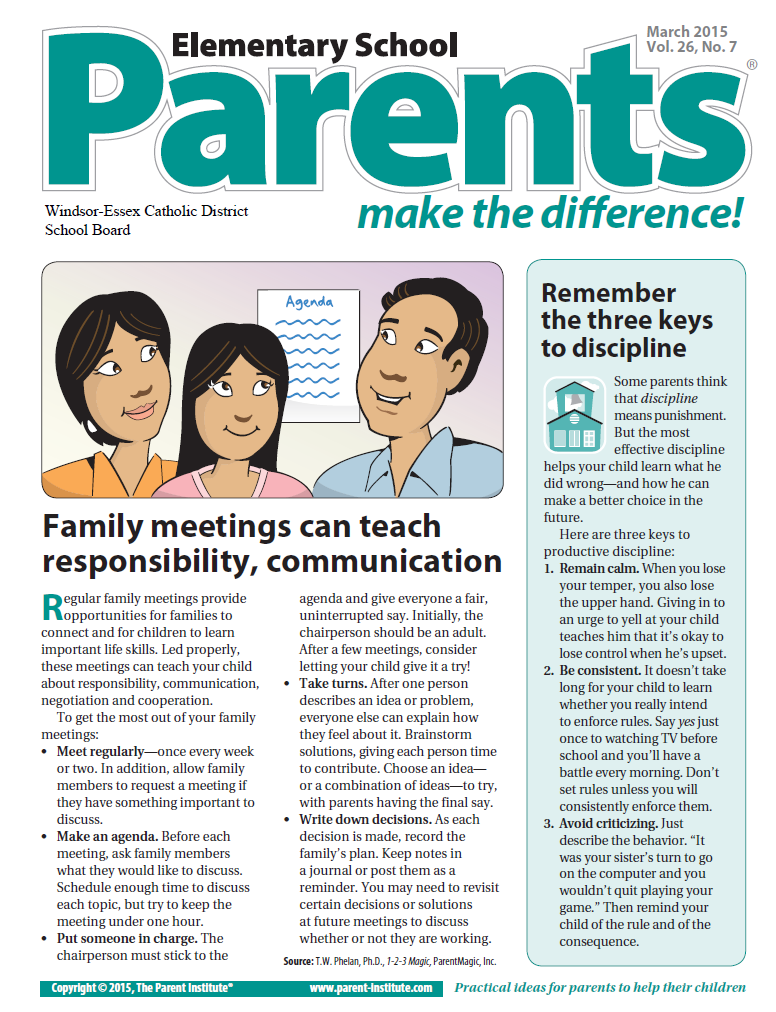 The threats can be of any magnitude, but it is a way of extreme emotional manipulation he tries to pull over you.
The threats can be of any magnitude, but it is a way of extreme emotional manipulation he tries to pull over you. - He Gaslights You: Gaslighting is a technique where a person tries to manipulate your thoughts, making you question yourself. It is a form of emotional abuse that is often found in controlling people. They challenge your sanity and wear you down to such a state that you start doubting yourself and feel like you have to rely on them. It sets the stage for further manipulation and control.
- He Ignores What You Say: If your husband wants to control you, he will ignore everything you say. Your words will fall on deaf ears, and this will again affect your self-confidence. He might even belittle you when he dismisses your opinions in front of others.
Quick Tip
He doesn’t care about your goals, and will only cheer you if they align with his vision. If not, he will belittle you or make it challenging for you to achieve them.
Related: 8 Things To Do When Your Husband Ignores You
- His Love Comes With Conditions: A controlling husband will shower you with love as long as you give in to his conditions. For instance, if you are busy at work, he will not show you any love or affection. But as soon as you start caring for him, he can be the best husband ever. So, you will have to work harder for his love every time, and that’s not how a healthy marriage works.
Marriage to a controlling husband can be tricky to navigate. The constant criticism, manipulation, and emotional abuse impact your mental health. So, before things become worse, it is best to take steps. Head to the next section to know how you can tackle these manipulation techniques aimed at asserting dominance over you.
How To Deal With A Controlling Husband
Image: Shutterstock
Here are a few tips on how to cope with a controlling husband:
- Stay Calm: A controlling husband can be quite irritating, but you need to calm down.
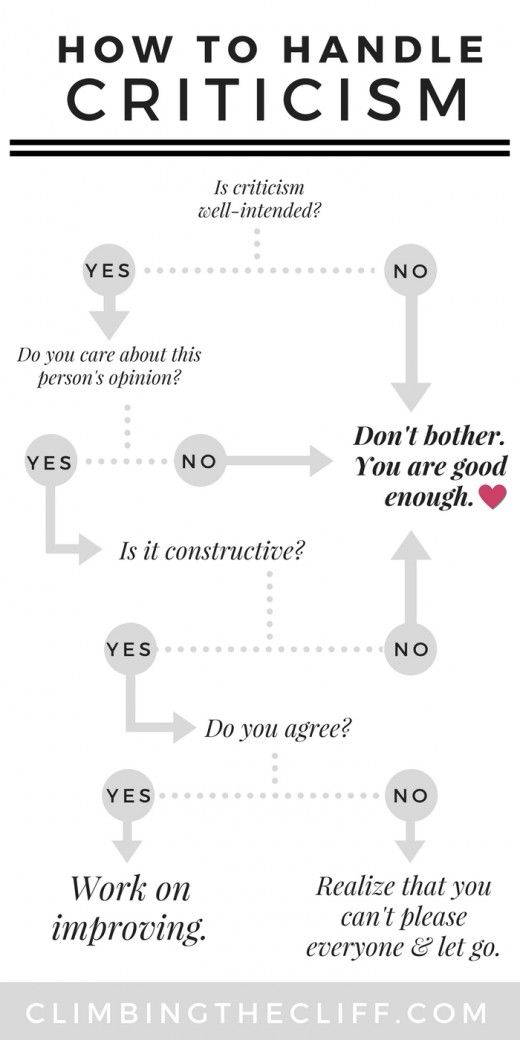 Be the bigger person and ask them gently about issues. It may look like you are surrendering to him, but you are just trying to blow down the fire. This reverse psychology may help you and turn things in your favor.
Be the bigger person and ask them gently about issues. It may look like you are surrendering to him, but you are just trying to blow down the fire. This reverse psychology may help you and turn things in your favor. - Take Control Of Your Life: Stop feeling guilty and weak if your partner wears you down. Instead, take charge of your life and appreciate yourself. It will strengthen your confidence, and you can control things better. Try taking up a new hobby and spend time doing the things you like.
Related: 101 “I’m Sorry” Quotes To Apologize To Your Partner
- Figure Out The Reason For The Behavior: Try to trace the events that led to this behavior. It could be anything – from a traumatic childhood to the death of a loved one. He may also have some mental health issues like anxiety or bipolar disorder. Once you know the reason, you may be able to help him. Remember, love can heal the deepest wounds.
- Keep A Strong Support System: Being alone never helps, especially when you have a controlling husband.
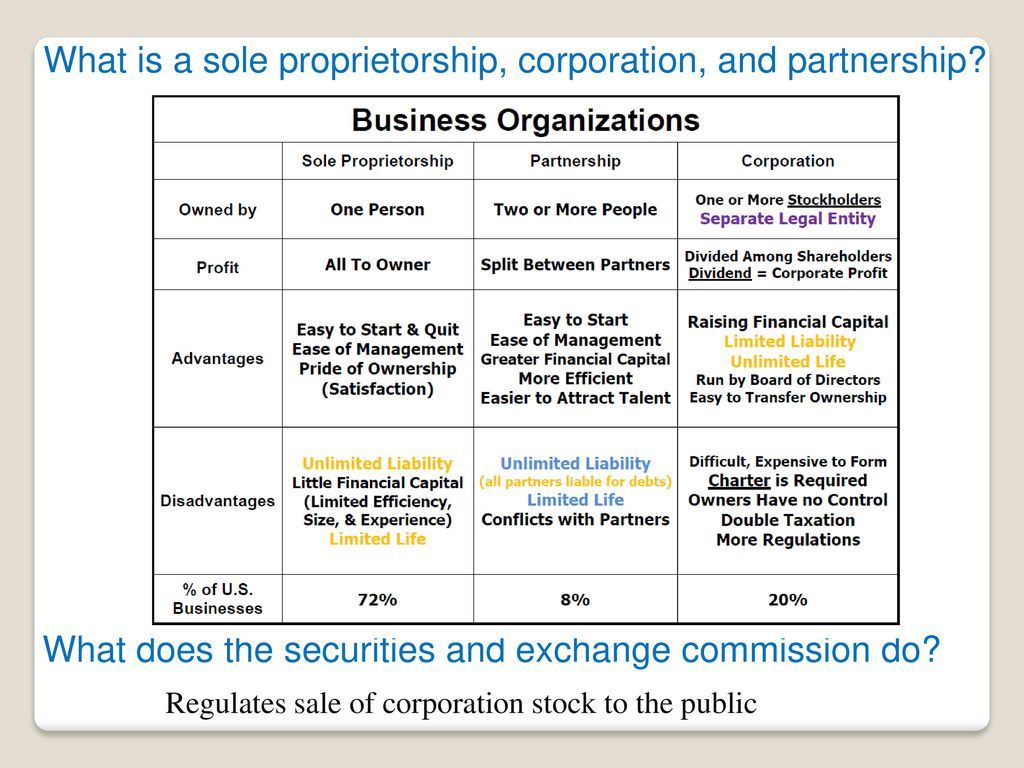 So, keep your friends and family close to you. Make plans with them and share your troubles. Don’t let your husband isolate you.
So, keep your friends and family close to you. Make plans with them and share your troubles. Don’t let your husband isolate you. - Set Boundaries: This step is helpful when your husband wants to know everything about you. Tell him about your limits and the consequences of any violation so that he understands how serious you are about the boundaries. It is time-taking yet worth it.
- Try Therapy: If nothing works, you can always go to a professional therapist to sort the marital issues. This way, you both will get the chance to speak your side of the story and find answers to what is causing this behavior.
Image: Shutterstock
- Ask For Help: People often hesitate to ask for help when it comes to marriage. Avoid this mistake if you have a controlling husband who torments you mentally, verbally, and physically. Do not wait for things to escalate to physical abuse. Instead, speak up and let your friends know.

When things get out of hand, and you feel unsafe and unheard in the marriage, it is time to call it quits. After all, nothing is more important than your mental health and happiness. Scroll down to know ways to exit the relationship safely.
Related: 10 Signs Of An Emotionally Immature Person And Ways To Deal
Getting Out Of A Controlling Relationship
Image: Shutterstock
A healthy marriage is based on love, respect, and care. If you feel that your controlling husband’s behavior has jeopardized all these things and you just cannot take it anymore, it is the right time to walk out of the relationship.
You can go for a divorce. But before that, make sure you have a strong backup. Assemble your support system, think about finances, and if you have kids, think about custody as well.
Another way is to seek professional help from a lawyer or marriage counselor. They will find out the right steps for you to get out of the toxic marriage. Leaving a relationship is difficult but if it is taking the life out of you, choose yourself.
A controlling husband is not only particular about your whereabouts, whom you meet, and how you spend every single minute but may also turn out to be aggressive or abusive. Excessive possessiveness, inquiring about every tiny detail, and offering to schedule your day in spite of your will may be signs of a controlling husband. As much as it is important to know when and how you connect with a person, it is also important to be aware of toxic relationship signs. Minimum respect, care, and trust are important to keep a relationship going. If you find yourself feeling alone, left out, disrespected, or abused in any way, it is important to identify the toxic traits and take a stand for yourself.
Frequently Asked Questions
What is the difference between caring and controlling?
Sometimes, people confuse controlling behavior with care. That’s why they slowly find themselves stuck with a controlling partner. So, it is important to know the difference between the two.
Here is a list of distinctions between caring and controlling behavior in various scenarios:
1.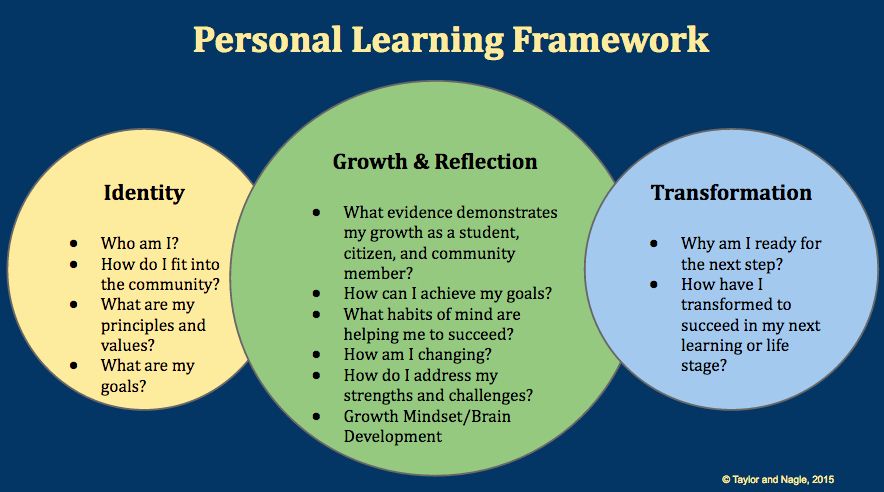 Rules
Rules
Caring: When you both create rules to make your relationship successful.
Controlling: When the rules he ‘creates’ apply only to you.
2. Meeting Friends
Caring: He offers you a ride when you go to meet your friends and even joins you at times.
Controlling: He meets his friends and family but stops you from doing the same.
3. Calls And Messages
Caring: He drops a sweet message occasionally to know how you have been doing and says he misses you.
Controlling: He calls you all day to know where you have been and who you have been with.
4. Compliments
Caring: He boasts about your career in front of his friends and family.
Controlling: He talks about your job in a condescending way.
5. Social Media
Caring: He comments on your pictures, saying how you look hot and beautiful.
Controlling: He checks your social media and controls what you post and comment.
6. Fights
Caring: There will be fights, but they don’t stay for long. Both of you end up apologizing and understanding.
Controlling: He blames you every time and makes you feel guilty.
Frequently Asked Questions
Why is my husband so controlling?
There are various reasons behind a man’s controlling behavior, not the least of which is a lack of awareness about what a healthy marital relation should be like. Other factors include substance abuse, financial or emotional insecurities, and personality or mental health disorders.
Will a controlling man ever change?
It may be possible for a controlling man to change with therapy, clear boundary setting, and honest communication.
Is being controlling abusive?
Yes, being controlling can be considered to be emotionally and sometimes physically abusive, depending on the extent to which the control is exerted.
How do you fix a controlling relationship?
Setting boundaries, communicating, and going for therapy or marital counselling are the most important ways to help fix a controlling relationship.
Key Takeaways
- A controlling husband will criticize you and break your self-confidence.
- Your husband’s jealousy, possessiveness, and gaslighting behavior can wreak havoc on your mental health.
- Setting clear boundaries, helping him get therapy, and building a strong support system for yourself can help you deal with a controlling husband.
The following two tabs change content below.
- Reviewer
- Author
what is counter-dependence and how to deal with it - T&P
True intimacy always involves great risk. This is her paradox: having close emotional ties is necessary for happiness, but no one can guarantee that one of them will not cause severe pain. Sometimes it seems that too strong a feeling can absorb the personality of a lover, and sometimes we are paralyzed by the fear of being too dependent or losing someone who has become so dear.
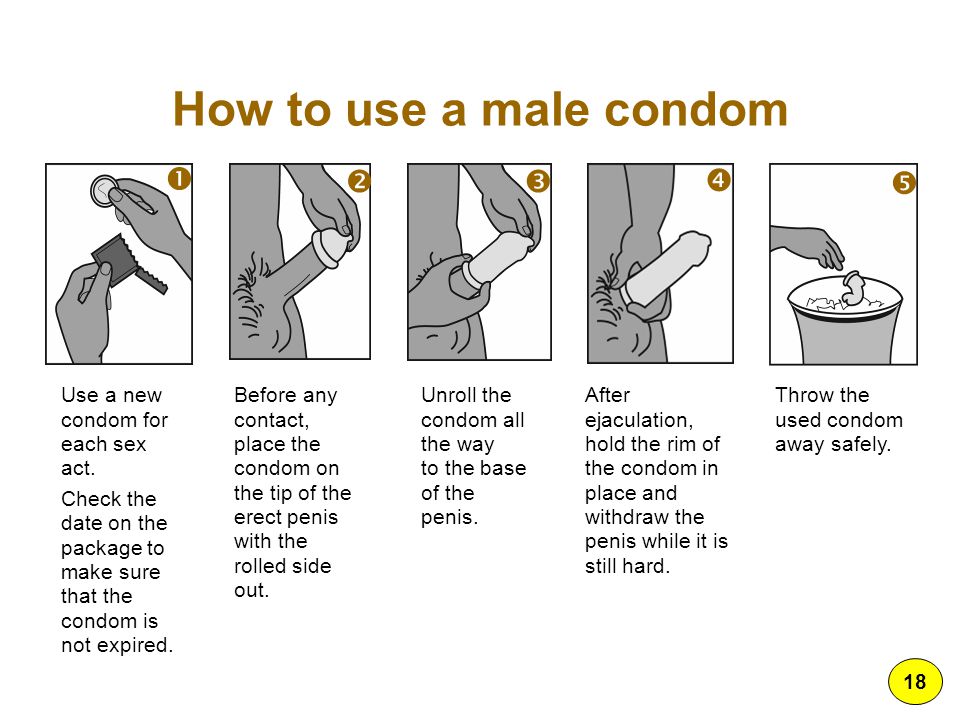 These doubts are quite normal as long as they do not interfere with building a fulfilling relationship - but in some cases they seize power over a person's life, forcing him to avoid strong feelings and attachments again and again. "Theories and Practices" talks about how counter-dependence arises and whether it can be overcome.
These doubts are quite normal as long as they do not interfere with building a fulfilling relationship - but in some cases they seize power over a person's life, forcing him to avoid strong feelings and attachments again and again. "Theories and Practices" talks about how counter-dependence arises and whether it can be overcome.
Subscriber is temporarily unavailable
Many stories of complex relationships involve a mysterious and controversial hero (or heroine). Such people make a good impression and show genuine sympathy for those who really hooked them, but when it comes to genuine emotional intimacy, yesterday's tender friend turns into a cold and aloof creature, seeking to increase the distance and refusing to recognize the importance of an already established relationship. He does not want to talk about personal topics and spends a lot of free time on activities and hobbies that are in no way connected with a partner, openly flirts with someone on the side, and in the most difficult cases, even avoids touching. Something obviously went wrong, but why and at what point?
Something obviously went wrong, but why and at what point?
Usually, the partners of such characters tend to look for the cause in themselves, but most likely, this problem began long before they met. In one of the past educational programs, we already talked about codependency. Codependency is a violation of attachment, in which a person fixates on a partner and makes him the center of the universe. The ability to enter into close relationships with other people and at the same time remain self-sufficient, ensuring healthy social behavior in the future, is formed in early childhood - in the process of transition from psychological merging with the mother in infancy to separation from her at the age of 2-3 years. And if during this period the child receives a psychological trauma, these mechanisms can give a serious failure, which will also manifest itself in adulthood.
It is logical to assume that if there is one extreme - co-dependent people who lack self-sufficiency, there is another - those who have difficulty entering into close relationships. This type of disorder is commonly referred to as counterdependency or avoidance addiction. But it is worth remembering that attachment disorders are precisely a spectrum with different shades and degrees of manifestation of violations. There is no need to perceive codependence and counterdependence as a black and white dichotomy without nuances.
This type of disorder is commonly referred to as counterdependency or avoidance addiction. But it is worth remembering that attachment disorders are precisely a spectrum with different shades and degrees of manifestation of violations. There is no need to perceive codependence and counterdependence as a black and white dichotomy without nuances.
Angelina Chekalina,
PhD in Psychology, Senior Researcher, Department of Personality Psychology, Faculty of Psychology, Moscow State University I have terrible resistance to the very term “counterdependence” — as if with its help they took and balanced the other pole of “dependence”. And it turned out such a bipolar construct, on the one hand of which there is a complete merger and complete avoidance of intimacy - on the other, with a set of opposite behavioral manifestations. For example, according to the Weinholds, co-dependent behavior manifests itself in “vulnerability and vulnerability”, while counter-dependent behavior manifests itself in “strength and firmness”. And this classification raises a lot of questions for me. Indeed, in existential psychology and psychotherapy, the strength of the spirit is precisely expressed in the ability to accept one's weakness, one's imperfection, one's own capabilities and limitations.
And this classification raises a lot of questions for me. Indeed, in existential psychology and psychotherapy, the strength of the spirit is precisely expressed in the ability to accept one's weakness, one's imperfection, one's own capabilities and limitations.
At the heart of the desire to merge (co-dependent relationship) and to avoid intimacy is the same feeling - a person feels very vulnerable, he constantly feels threatened. Only this sense of threat is about something else. In the case of a co-dependent relationship, a person feels vulnerable, being alone with himself, he needs someone nearby to identify himself through the relationship. In fact, another person is needed in the function of a mirror in which one can reflect and understand "I am, I am good." Or, conversely, "I exist, but I'm bad."
In the case of counter-dependent relationships, there is another kind of vulnerability — the fear of being rejected, the fear of coming close and getting burned. Which, quite possibly, happened more than once in different relationships. It's really very scary - to come close to what threatens again. Can this be called strength and firmness? In my understanding, no. And it's also about giving up on yourself.
It's really very scary - to come close to what threatens again. Can this be called strength and firmness? In my understanding, no. And it's also about giving up on yourself.
You can also look at the renunciation of one's own life in various forms from a slightly different angle. Living in the interests and needs of other people (or going to work) is sometimes an unconscious flight from getting closer to yourself. When you start to get closer to yourself, then a lot of emotions appear on the surface due to past traumatic experiences that are not experienced and repressed. There is no way to make it not hurt, both then and now. And so I want it not to hurt! And then any of these forms of behavior can be suitable for avoiding pain - either living in fusion or fleeing from intimacy.
What must happen in order for a person to show pronounced signs of counter-dependence by a conscious age? There is no single answer to this question, but different options are possible. The first is overly controlling parents who do not allow the baby to gain the desired independence. As a result, the child begins to associate close relationships with lack of freedom, pressure and fear of losing himself and "fixes" on defending his own independence. He continues to follow this model in adult relationships.
As a result, the child begins to associate close relationships with lack of freedom, pressure and fear of losing himself and "fixes" on defending his own independence. He continues to follow this model in adult relationships.
The second option is the opposite: the separation from the mother, on the contrary, happened too early, before the child was ready for it. Or he simply did not receive warmth and attention from one of the parents (or both). In this case, the relationship is associated with the pain of loss and possible rejection. This means that it is better not to become attached to anyone or leave your dear person first, before he rejects you himself. “As our clinical studies have shown,” write psychologists Berry and Janey Weinhold in the book “Escape from Intimacy”, currently the most famous foreign work on the topic of counterdependence, “the most common cause of codependency and counterdependence is developmental trauma, caused by barely a discernible disruption in the bond between parent and child, which implies a lack or absence of emotional attunement. If this disunity is not identified and overcome, a habit of isolation and indifference develops, which can have a serious impact on attitudes towards intimacy in adulthood.
If this disunity is not identified and overcome, a habit of isolation and indifference develops, which can have a serious impact on attitudes towards intimacy in adulthood.
Some psychologists also believe that the problem may be in the excessively emotional and unpredictable behavior of parents (most often, mothers; problems associated with counterdependence occur more often in men) - the child gets the impression that feelings and emotions always lead to dangerous chaos, so it's better to control them.
In addition, modern society encourages counter-dependency behavior—individuality is highly valued, young people learn to be (or at least look like) self-sufficient, strong and reserved, and are often embarrassed to show vulnerability or admit that they need someone. In relationships, personal comfort becomes a priority, and serial monogamy seems to many to be a more viable option than the traditional family model.
In any case, nothing human is alien to avoidance addicts — deep down they are also afraid of loneliness. But they realize this fear much worse than their own fear of intimacy. And even more so, they do not understand its causes, which grow from childhood, because children always believe that their parents act from the best of intentions and tend to justify or displace negative experiences from memory.
But they realize this fear much worse than their own fear of intimacy. And even more so, they do not understand its causes, which grow from childhood, because children always believe that their parents act from the best of intentions and tend to justify or displace negative experiences from memory.
Running in circles
Since people with counterdependence find it difficult to fulfill themselves in close relationships, they invest their energy with a vengeance in other areas of life (career or hobbies) and strive to make a good impression on those around them. It's hard to see the catch - at the initial stage of the relationship, the avoidant addict is really fascinated by his partner and tries very hard to please him. The problem arises later, when it is discovered that the person with attachment disorders is equally sincere in wanting to spend time together, looking at the stars and talking about everything in the world, and in the desire to escape or push the companion later, when everything goes too far.
"Too far" is a relative concept, and it is impossible to attach some formal milestone to it, such as a third date, getting to know your parents, or renting a house together. “Too far” for one may be where true intimacy has not yet begun for another. Someone may even get married, but even there maintain a certain emotional distance, while someone starts having an anxiety attack already in the second week of the relationship. The only criterion - and it is very subjective - at a certain stage, the counter-dependent person ceases to feel safe. This may be due to some real pressure from the partner - for example, the requirement to finally determine the status of the relationship. But not necessarily: in order to one day wake up in a cold sweat, it is enough for some to feel a little less self-sufficient than before. Too passionate a look, too sincere conversation, too sorry to part after a weekend spent together - and now you have one foot in the trap of feelings, which, as your subconscious mind tells you, will bring nothing but suffering. Therefore, it is better to assert your boundaries by pushing the satellite right now, before everything leads to disaster. Consciously, this whole logical chain, most often, is not tracked - a person feels inexplicable discomfort (violation of personal integrity, loss of himself, lack of freedom, feeling that someone absorbs his energy) and tries to somehow rationalize it, without getting to the bottom of the true essence of things .
Therefore, it is better to assert your boundaries by pushing the satellite right now, before everything leads to disaster. Consciously, this whole logical chain, most often, is not tracked - a person feels inexplicable discomfort (violation of personal integrity, loss of himself, lack of freedom, feeling that someone absorbs his energy) and tries to somehow rationalize it, without getting to the bottom of the true essence of things .
© Studio Jane&Andrew Gough
For a partner, this is all the more painful, the less he was intrusive in reality - few people want to feel like an annoying admirer. A person prone to reflection will begin to doubt at this moment: “Have I made some mistake? Was I really too pushy?" Then everything depends on the readiness to fight for the obstinate object of feelings. Codependent people are drawn into such relationships more often because periodic rejection from a partner does not stop them - it answers their own unconscious fear of intimacy. As a result, the relationship turns into a cyclical process: feeling threatened, the counter-addict pushes the partner away, but, having run back to a safe distance, begins to miss him again. It’s hard for the partner, but, having again believed in his need, he returns - with the hope that he will no longer be pushed away.
As a result, the relationship turns into a cyclical process: feeling threatened, the counter-addict pushes the partner away, but, having run back to a safe distance, begins to miss him again. It’s hard for the partner, but, having again believed in his need, he returns - with the hope that he will no longer be pushed away.
But at the same time, it is wrong to assume that co-dependent and counter-dependent people are bound to be together as a pair of opposites. There are cases when the same person in different respects shows the traits of either co-dependence or counter-dependence. Sometimes two people with codependency tend to enter into a relationship and one begins to overwhelm the other so much that he begins to learn to assert his personal space. Or a couple of independent and self-sufficient ones can organize a strong alliance, not burdened by excessive emotional closeness. In general, there are no universal scenarios and rigidly fixed constructions - although the well-known psychiatrist, the founder of modern addictology, Cesar Korolenko, noted in his works that love addicts and avoidance addicts are most often attracted to each other, regarding other people as "uninteresting".
The distance necessary for a person with counterdependence can be built in different ways. As a rule, he does not really like to talk about feelings - suddenly showing tenderness, he either withdraws into himself again, or hurries to reduce the degree of sentimentality with some sarcastic remark. In addition, he tries not to reveal himself too much in communication on other topics. He specifically limits the time spent with a significant person, and seeks to fill his life with various activities and hobbies, which, in which case, can distract him from too strong affection. Such people can cheat on a partner that suits them only in order to maintain "inner freedom" and feel the possibility of choice.
It is important to understand here that, unlike other "problematic lovers" - for example, perverted narcissists - a person with a counterdependence is not going to coolly play with someone else's feelings in order to amuse his ego. Although it is pleasant for him (like any normal person) to feel needed and loved, the constant pendulum "closer-further" for him is a forced attempt to sit on two chairs: not to lose someone who has already become dear, and at the same time not to fall into a frightening meat grinder uncontrollable feelings. But with some work on oneself (not without the help of a psychotherapist) and support from loved ones, the avoidance addict has a chance to correct the situation.
But with some work on oneself (not without the help of a psychotherapist) and support from loved ones, the avoidance addict has a chance to correct the situation.
Possible Solutions
Being a serious problem, counterdependence is not an officially recognized mental disorder. The psychotherapist may assume that the patient has this problem, based on his own testimony or the testimony of his relatives. Here are the main signs of violation, compiled by psychologists Berry and Janey Weinhold:
• difficulties in getting close to people and maintaining closeness in intimate relationships
• tendency after the breakup of relationships to consider former partners bad or vicious
• Difficulties in handling feelings (other than anger and frustration)
• Fear of being controlled by others
• Habit of saying no to new ideas proposed by others
• Resisting intimacy attempts and feelings of anxiety in close relationships
• constant fear of making a mistake, desire to be perfect and demanding the same from others
• refusal to help, even if it is really needed
• fear that other people will turn away from you if you show your weaknesses and fears
• workaholism or being overly busy with hobbies, recreational activities, or other activities.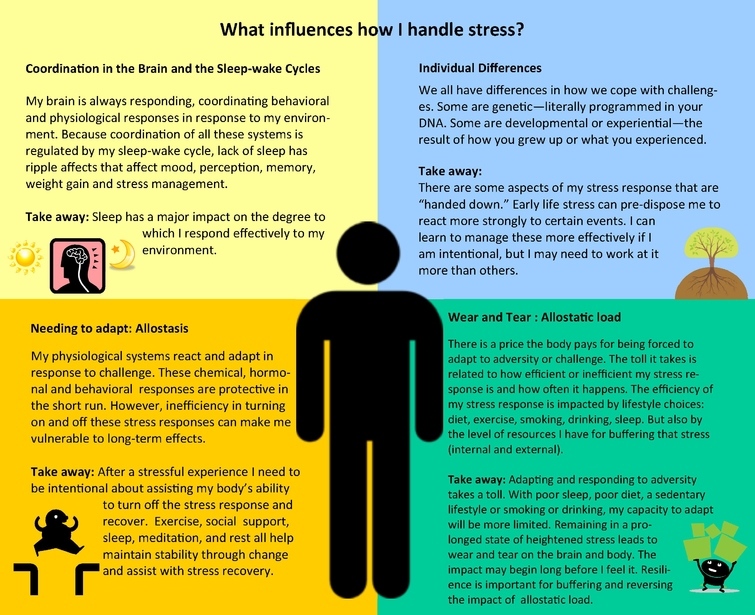
What should you do if you find counter-dependency traits in your partner and you think that this negatively affects the relationship? First, do not rely too much on self-diagnosis - before labeling, it is better to consult a family therapist. Secondly, you should honestly tell yourself what you want from this relationship. And if the current state of affairs does not suit you, you should not put up with it. A common advice on the Web is to try to keep the "elusive" by giving the impression that you do not claim anything and do not belong entirely to him. Emphasize your boundaries in every possible way, restrain sentimental impulses and live your busy life, limiting the number of meetings and manifestations of affection. Formally, these techniques are likely to work - the counter-addict has fewer reasons to run away from such a partner. But it is worth considering how long you can withstand such a game and what is the point of a relationship if you keep it this way.
Even if you believe that the person is "yours" and everything can work out, both should participate in saving the relationship - the partner should begin to realize the problem and agree to work on it.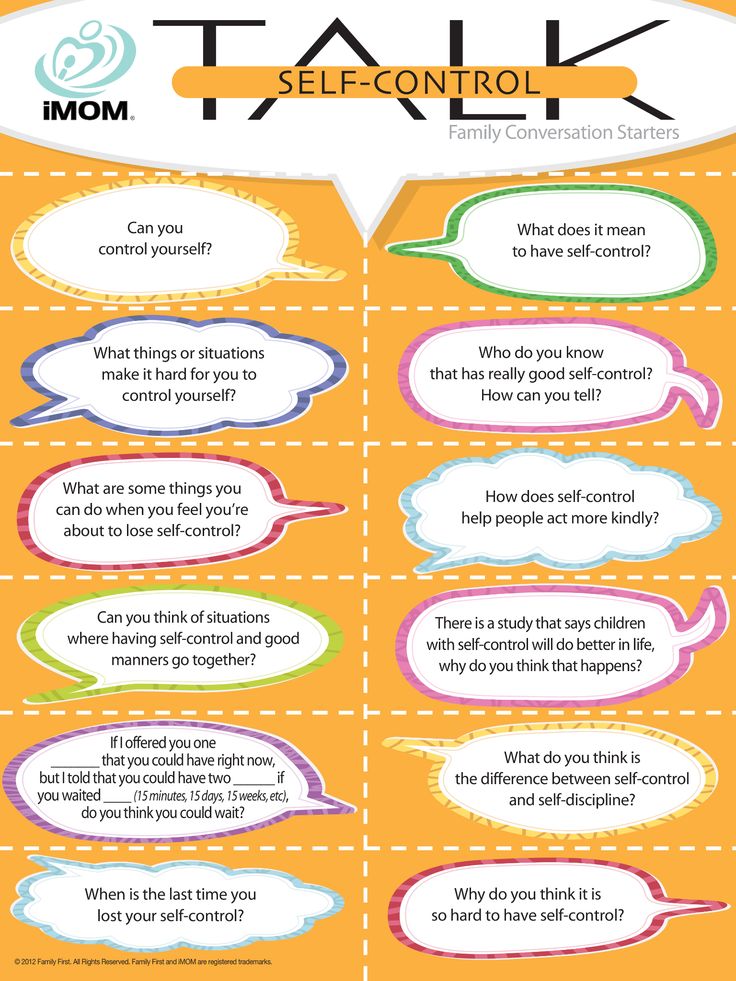 In this case, joint sessions with a psychotherapist can give a good result. If a partner refuses to admit that something is wrong with him, your single-handed efforts are unlikely to lead to a happy ending.
In this case, joint sessions with a psychotherapist can give a good result. If a partner refuses to admit that something is wrong with him, your single-handed efforts are unlikely to lead to a happy ending.
For those who come across a counter-dependent partner more than once, or in general you meet such characters with enviable regularity, it makes sense to go to a psychotherapist and figure it out with yourself - why do you like just such people?
Angelina Chekalina,
PhD in Psychology, Senior Researcher, Department of Personality Psychology, Faculty of Psychology, Moscow State University If we proceed from the fact that counterdependence is the impossibility for various reasons to be in close relationships, then such relationships will end. And sooner rather than later. If the question is about what I can do for another, the answer is nothing. Whatever you do, it will still not be the same. If the question is about what I can do for myself, then you should first ask yourself an unpleasant, but very honest question: “What keeps me close to a person with whom I don’t like relationships?” And look for an answer to it. And it is not so important what the problem of the person with whom you are in a relationship is, whether he is a narcissist, does not know how to be close, an alcoholic ... Here, your feelings and your conscious decision should come first, whether to continue or not to continue this relationship.
And it is not so important what the problem of the person with whom you are in a relationship is, whether he is a narcissist, does not know how to be close, an alcoholic ... Here, your feelings and your conscious decision should come first, whether to continue or not to continue this relationship.
When does controlling a relationship destroy our identity?
Headings : Latest articles, Psychology
Did you find something useful here? Help us stay free, independent, and free by making any donation or purchasing some of our literary merchandise.
Not so long ago "Monocler" published an article about totalitarianism and its manifestations in groups, cults and states. However, total control can manifest itself not only within certain systems, but also in the relationship between two people. Living together with a constantly controlling and terrorizing partner is tantamount to being in a totalitarian cult that controls the mind and emotions of its victims. Today we understand what a "perspecticide" is and why it is important to know about this phenomenon.
Today we understand what a "perspecticide" is and why it is important to know about this phenomenon.
Violence can take on not only a physical but also a psychological character. With a certain psychological impact, the aggressor criticizes the beliefs and views of his partner until he finally “brainswashes him.” This latent inhibitory effect has been termed "perspecticide" in the scientific literature.
So what is a prospecticide?
"Perspecticide" is a new term in the field of psychological influence. The phenomenon is characterized as one of the types of psychological or emotional abuse, in which one partner in a relationship completely controls the other. In the end, the latter loses his views along with the sense of his own "I". Dr. Nicola Graham-Kevan, Lecturer in the Psychology of Aggression at the University of Central Lancashire, England, notes:
“The term prospecticide was coined by social worker Evan Stark, author of Coercive Control, who described the phenomenon as a radical form of coercive control over a loved one.

This phenomenon is often similar to Stockholm Syndrome, in which abduction victims develop sympathy for their captors over time”[1].
Constant author of Monoclere, psychotherapist Maxim Chekmarev clarifies:
“Perspecticide is not some new phenomenon, but a word that has become customary to denote a certain type of relationship. This form of behavior itself has historical roots. For quite a long time, women and children were considered the "property" of a man - a husband or father - and therefore were in conditions where they did not have the opportunity to develop their identity. In modern psychology, such relationships are usually interpreted as attachment trauma, in which the aggressor creates a relationship with the victim that threatens her autonomy. In Russian science about such relationships, but without a hint of pathologisation, Vasilchenko wrote, introducing the ideas of Eric Burne into his sexology. He singled out the types of relationships in a pair: "woman-mother" and "man-father" or "woman-daughter" and "man-son", in which, despite the fact that people are in partnership, their interaction is asymmetrical - one depends on the other psychologically.
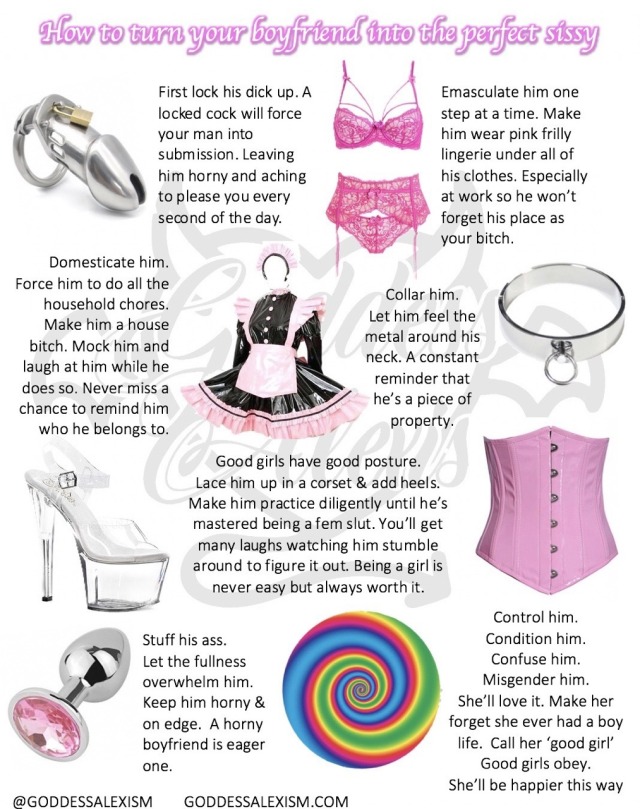
Read also Emotional dependence, or life in a vicious circle
How does the perspecticide affect the victim?
A high level of control can seriously affect a person's mental state. Graham-Kavan notes that victims are often unable to cope with negative emotional states. By agreeing to control, the person can thus ease these negative feelings, which can lead to a negative cycle of control and dependency.
In this regard, the victims tend to submit to the influence of their partner, expressed in total psychological control, as they see it as an easier way out of the situation. However, it is difficult to obtain more complete results, especially since there have been relatively few studies on this issue.
Lisa Aronson Fontes, a psychology researcher at the University of Massachusetts Amherst, characterizes the phenomenon as "a relationship of a suppressive or controlling nature, where the dominant partner tries to change the way the victim thinks.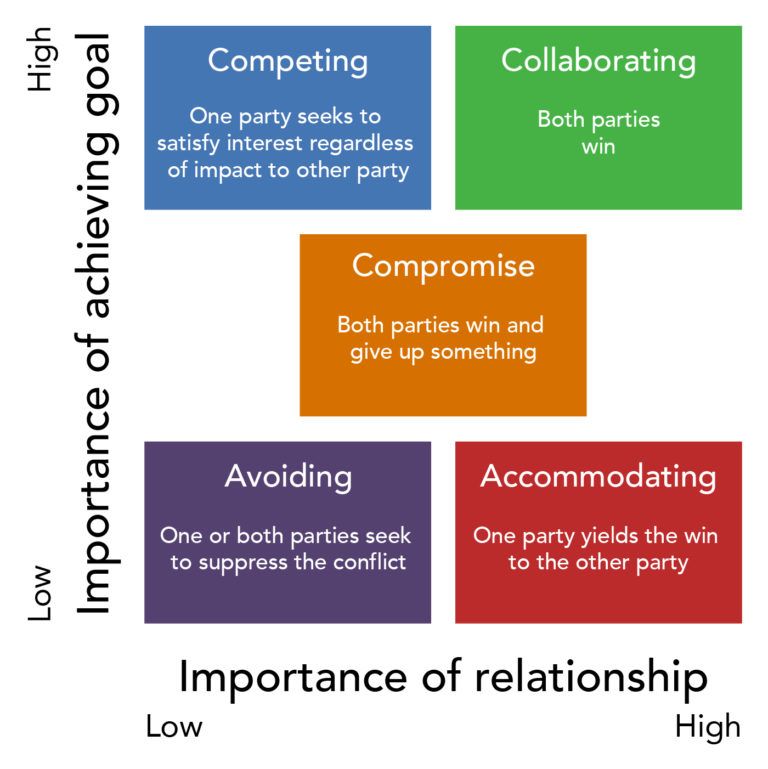 "
"
“The aggressor defines what love is. The aggressor tells what is right and what is wrong, keeping constant surveillance of his partner. The aggressor also determines what is wrong with the victim and what they need to do in order to fix it.”
Fontes continues:
“When subjected to prospecticide, people give up their own opinions, religious affiliation, advice from friends, goals in life, and so on. And here the natural mutual influence that occurs in relations between people in pairs is not at all implied - such a phenomenon seems more vile and is carried out unilaterally "[2].
Main characteristics of the prospecticide
- Self-doubt
The first thing a bully does is try to lower your self-esteem. He questions your abilities, talents, your own choices, opinions and beliefs. He may taunt you, openly criticize you, or make subtle and pointed remarks that cause you to gradually begin to doubt yourself. The aggressor may also use emotional blackmail and guilt, in which the victim feels “worthless” and feels guilty for being worthless. Soon a person loses self-esteem, and gradually begins to accept for truth the lies imposed by the offender.
The aggressor may also use emotional blackmail and guilt, in which the victim feels “worthless” and feels guilty for being worthless. Soon a person loses self-esteem, and gradually begins to accept for truth the lies imposed by the offender.
- Downplaying thoughts and feelings
Aggressors often plan their relationships. They try to intimidate and confuse their partners in order to increase control over them. This effect can be achieved by resorting to physical, mental methods, or both of them. Moreover, this process is facilitated by interference with the victim's established routine (as a result of which the victim is deprived of rest and sleep), gaslighting - a form of violence, the main purpose of which is to make the victim doubt the objectivity of his perception of the world. — Approx. ed., Devaluation of feelings, overestimation of views, and objection to the victim's own opinion. Many offenders even resort to stalking ⓘ Obsessive, excessive attention to the person. - Note ed., to achieve the desired results.
- Note ed., to achieve the desired results.
- Isolation from loved ones
The aggressor manipulates social situations and the psyche of the victim in such a way that the victim loses contact with his environment. The abuser may tell his partner false facts about his friends, relatives or colleagues in order to narrow the partner's social circle. After all, when you are isolated and unable to communicate with those who know you well, it can be easy to lose your sense of self. Victims are also deprived of any habitual activities that once gave them strength and independence.
- Total control
The abuser controls every aspect of his partner's life. Such control is manifested not only in cases with one's own routine, spending money or wearing certain clothes, but also in the most intimate things, like sleeping, bathing, eating. In this situation, the victims eventually accept the new rules of the game and forget about their past, free life.
- New identity
In this way, the aggressor manages to establish control over the life of his partner. Once the victim loses faith in their ability to think and make decisions on their own, the offender may try to change their old beliefs about themselves (confident, independent, smart, kind, beautiful) to new false ones (stupid, weak, ugly, unpromising). In the end, due to the formed isolation from close people, a person begins to perceive a new identity as natural and inalienable.
- A new definition of "love"
The aggressors introduce new rules of relationships and define the components of "love". If the victim does not follow the new order of manifestation of love feelings, then he immediately turns into an "egoist". The aggressor can sometimes show good intentions, thereby confusing the partner, who begins to think that he is really behaving selfishly[3].
Maxim Chekmarev believes that the motives that guide the aggressors may be different. For example, hyper-responsibility and hyper-guardianship, when the very right of another to autonomy is impossible due to the fact that the aggressor has already taken total responsibility for the partner and is afraid when he carries out or has the risk of carrying out independent actions. This may be a concept in which the relationship is tied to obedience or, for example, an acute fear of losing a partner, which makes you go to extreme measures (in this case, the motives are the same as if you want to bewitch your lover).
For example, hyper-responsibility and hyper-guardianship, when the very right of another to autonomy is impossible due to the fact that the aggressor has already taken total responsibility for the partner and is afraid when he carries out or has the risk of carrying out independent actions. This may be a concept in which the relationship is tied to obedience or, for example, an acute fear of losing a partner, which makes you go to extreme measures (in this case, the motives are the same as if you want to bewitch your lover).
In general, experts believe that people who manipulate others use prospecticide as a means to achieve their life goals.
How to help people who are victims of prospecticide
As in the case of other types of similar psychological abuse, getting out of such a situation is always a difficult task. Many victims experience emotional trauma as a result of being under constant control.
Graham-Kevan draws on the study of Stockholm Syndrome to draw parallels between the two phenomena.
"There is no indication that the victims are in need of special, long-term psychological treatment," notes the professor. In the short term, victims may begin to blame themselves for everything as a result of their depressive states.
Nonjudgmental awareness and logical behavior therapy can help victims deal with indecision and anguish.”
Such methods help patients suffering from Stockholm syndrome and may possibly be effective also in victims of prospecticide[4].
However, do not forget about the second side. Psychologist Maxim Chekmarev notes:
“In any relationship, both sides will have to be dealt with, since violations of the attachment system will take place in both. The aggressor will need to discover the ability to be on an equal footing with anyone, clarify and heal their own deepest fears, develop the ability to see the other person as a subject, not an object. It is important for the victim to go from the ability to submit and lose himself for the sake of maintaining a relationship to the ability to build relationships that value the autonomy and uniqueness of a partner.
In both cases, this is a reconstructive psychotherapeutic work, since we are dealing with personality disorders.
Thus, emotional manipulation remains a serious problem, and if you are even for a moment worried about the psychological state of your personal relationships, then this is the first sign that something is really wrong with them.
Sources
[1] "Perspecticide: What you need to know about this type of emotional abuse in a relationship" / Xposé, 18th Oct 17.
[2] "Manipulative people brainwash their partners using something called 'perspecticide' – here are the signs it is happening to you” / Independent, 15th Oct 17.
[3] Is your partner emotionally manipulating you? 6 signs you may be a victim of Perspecticide" / Meaww.com
[4] "Perspecticide: What you need to know about this type of emotional abuse in a relationship" / Bt.com
Cover: Francisco Goya, Monk Talking to a Woman (1824).
If you find an error, please select a piece of text and press Ctrl+Enter .








